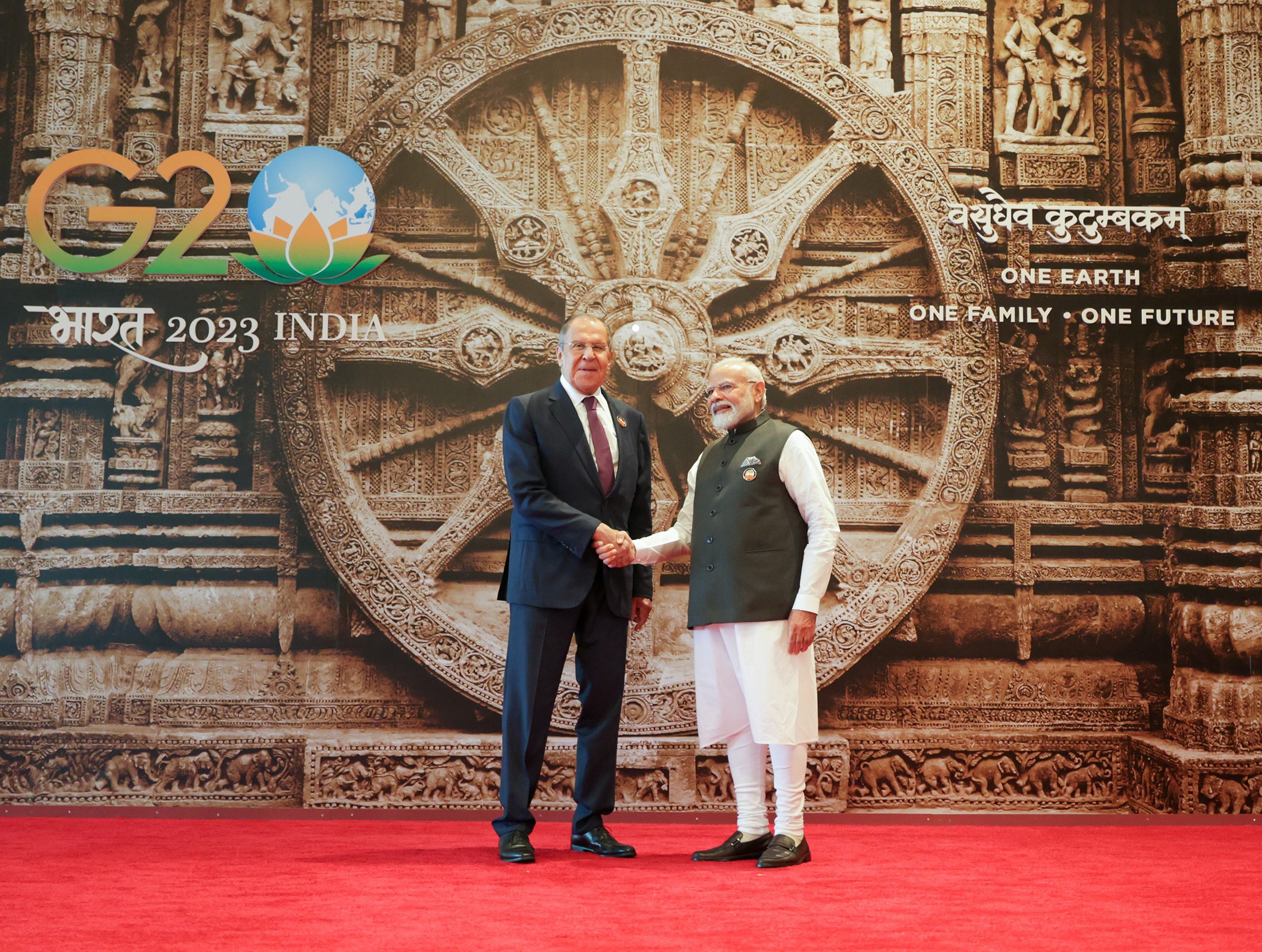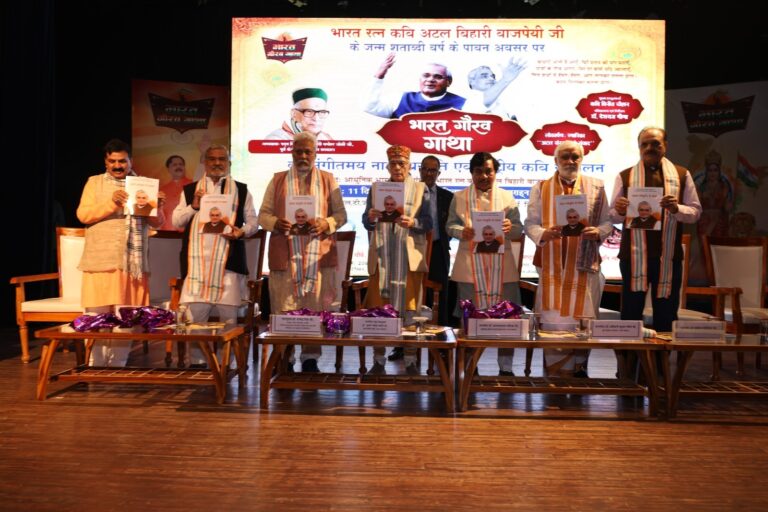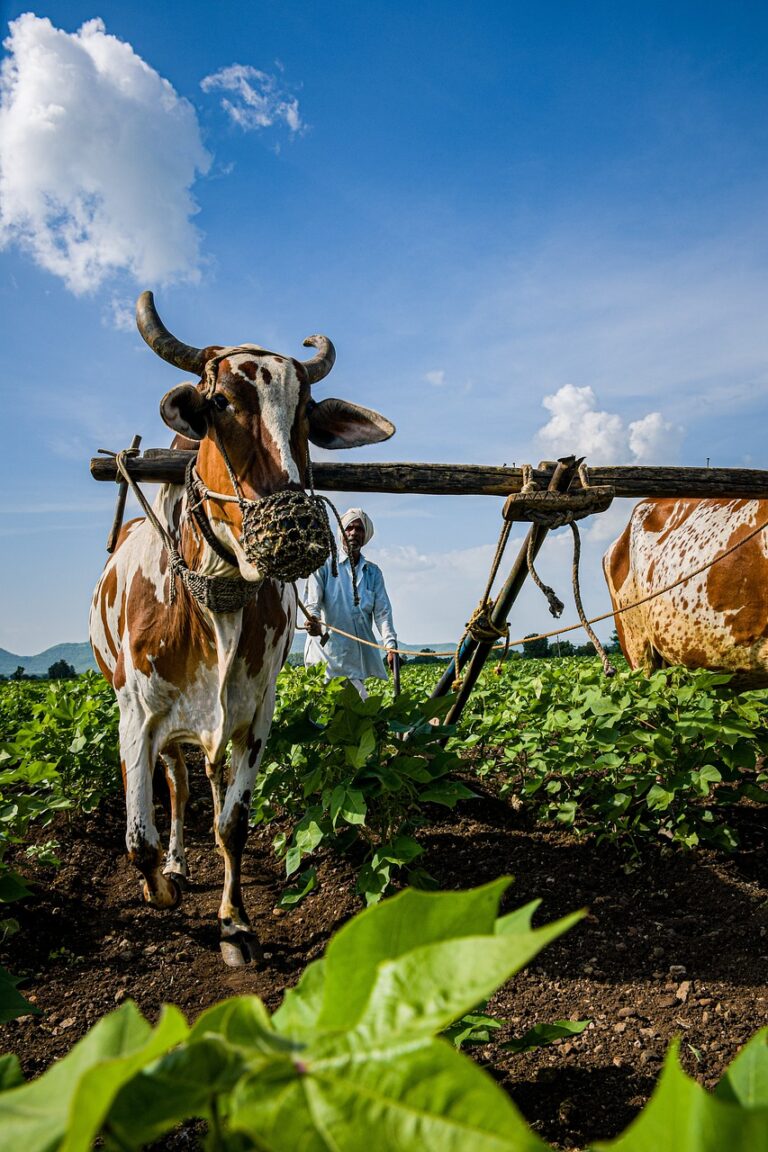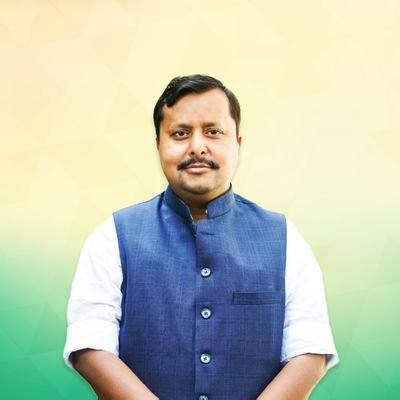
Russian Foreign Minister Sergey Lavrov being welcomed by Indian Prime Narendra Modi at the G20 Summit in New Delhi on September 9, 2023.
Moscow: A time-tested ally of India, Russia was wary of the “pressure” being exerted on India by the G7 countries – primarily the United States, the United Kingdom, Germany, and France “in a bid to have their unilateral approaches to the Ukraine situation reflected in the final documents of G20 forums”.
Russia believed that since 2022, the Western countries had consistently sought to put Ukraine on the G20 agenda, “using the specialised tracks as a means for imposing their geopolitical vision and thereby impairing constructive solutions to related problems”.
Also read: G20 New Delhi Leaders’ Declaration: A victory for Indian diplomacy
India apparently rejected all Western demands to invite Ukraine to participate in G20, which Russians said prevented the United States and its allies from offsetting the important practical achievements of New Delhi’s one-year watch by their time-seeking considerations.
Russia wanted the “correct” interpretation of the international geopolitical situation, the Ukraine crisis and other armed conflicts, as well as the preconditions for restoring peace and stability, and the primacy of international law based on the central role of the UN. India as G20 chair, prevailed over the members and Russia was not seen as an aggressor directly in the G20 New Delhi Leaders’ Declaration today.
Moscow views itself as a victim of Western ‘propaganda’. Therefore it chose to work closely with all G20 countries to “debunk the Western myth about Russia’s “aggressiveness” and to counter the attempts to link global humanitarian and economic issues” solely to the “conflict in Ukraine” which it claims to be caused and fuelled by the Americans “to the detriment of pan-European security and prospects for stable social and economic progress in Eurasia”.
India’s stand that the G20 should not focus solely on the Western countries’ priorities, including at the level of the country’s leadership and leading government agencies further convinced Russia that one of the main goals of the country’s presidency was to empower developing economies and promote their role in global affairs. Therefore, Moscow positively acknowledged the Voice of the Global South Summit that was held on January 12 and 13, 2023, under the auspices of the Indian presidency.
Moreover, India’s initiative to grant full membership to the African Union, too, helped. Russia was one of the first to support the African Union’s application. Russia feels that together with the African Union it can make an important contribution to democratising the international financial and trade institutions and give an additional impetus to implementing the Sustainable Development Goals and eliminating all kinds of disparities and gaps in industry, science, and technology.
Russia was convinced that New Delhi was concentrating on global economic governance reform, improving international healthcare mechanisms, empowering women and promoting their involvement in the economy and that these subjects would set the tone during the New Delhi leaders’ meeting.
What further impressed Russia about New Delhi was that the latter sought to steer a neutral course, based on the G20’s purely economic mandate. Hence, on the eve of the G20 Summit, the Russian foreign office came out with a statement that with India’s presidency of the organisation reflecting the One Earth, One Family, One Future theme, “its priorities include stimulating discussions among the world’s major economies on global economic growth and achieving the Sustainable Development Goals (SDGs), the energy and food crises, climate change, and digital transformation”.
Moreover, the other issues on the Summit’s agenda such as the modern challenges to energy and food security, disruptions in supply chains and destabilisation of the financial sector, appeared a sincere effort by India to depoliticise negotiations within the G20, to ensure that the G20 focuses on its direct duties, specifically, global economic recovery and sustainable development.
Playing the victim card, Russia has been blaming the West for resisting the formation of a “truly polycentric world”, and holding it responsible for the “serious’ damage to the global economy with “unfair distribution of benefits and exploitation of the global majority’s resources and potential”. It had been holding the viewpoint that along with other multilateral formats, the G20 was exposed to the negative impacts of geopolitical frictions and a split in the international community, as well as the Western states’ unilateral approaches intended to ram through their confrontational initiatives.
However, Moscow also believed that G20 was the only platform for equitable cooperation between the BRICS countries, the G7 and regional powers, including the African continent, an emerging centre of the multipolar world that abounds in natural resources and boasts a demographic dividend. It acknowledged that the G20’s advantages are determined by the line-up of its leaders, the critical mass of resources and a wide range of members.
“We perceive this association, a platform for collaboration between developing countries and the G7, as a key economic governance forum. We are purposefully consolidating an independent centre of gravity in the G20, primarily together with China, and we rally BRICS Plus countries around us. We are determined to facilitate a more active coordination of emerging economies within the G20,” the Russian foreign office declared.
Russia was further impressed that under the Indian presidency, the G20 embarked on an intense working schedule and a packed agenda – A total of over 200 official events held in more than 50 cities across the country. Moreover, Russia noticed that for the first time in G20 history, New Delhi sponsored an international conference on Crime and Security in the Age of non-fungible tokens (NFTs), Artificial Intelligence (AI) and the Metaverse in Gurugram on July 13-14, 2023. Besides, an Indian initiative launched the Working Group on Disaster Risk Reduction, whose performance was assessed by the heads of related agencies, who met in Chennai on July 24-25 of this year. The G20’s earlier Research and Innovation Initiative Gathering was transformed into the G20 Research and Innovation Working Group and the related ministerial meeting took place in Mumbai on July 5-6, 2023.
All this convinced Russia that the Indian presidency indeed hoped to achieve consensus-based agreements at the New Delhi Summit with a focus on responses to macroeconomic challenges and threats, the prevention of global economic crises and setbacks, the preservation of stable markets and efforts to stabilise the financial system.
Thereupon, India got Russia’s support which enabled a consensus on the New Delhi Leaders’ Declaration. “The path towards this goal is viewed through the prism of India’s international prestige and its deserved recognition for the diplomatic efforts to take into account the interests of both advanced states and countries with emerging markets which it undertook during its presidency. The leaders’ declaration is expected to be the main practical outcome,” the Russian foreign office stated. It added: “We are convinced that the G20 should make its decisions only by consensus that arises in the absence of objections from any of its members. We prioritise efforts to achieve constructive agreements within the G20 that take into account the interests of all participating countries based on the above principle and to restore an atmosphere of trust and cooperation at the forum.
– global bihari bureau





